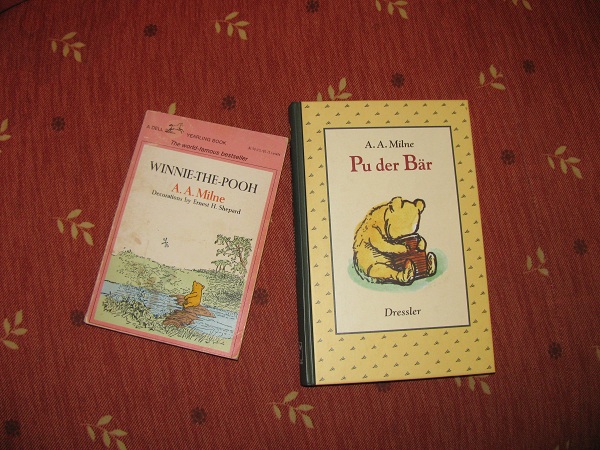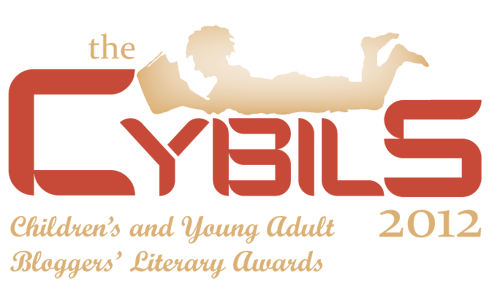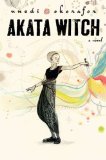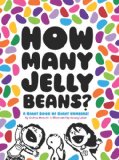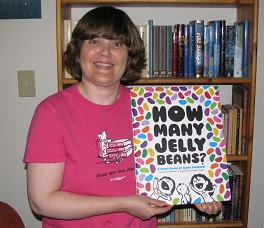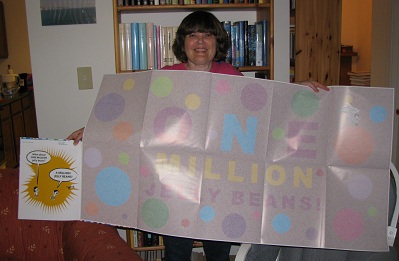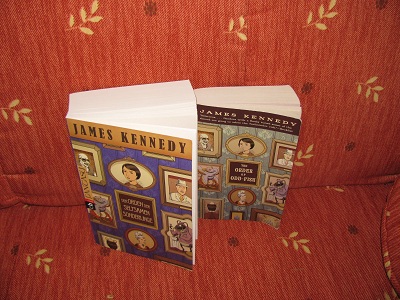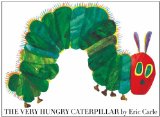Sonderling Sunday – Pu der Bär
It’s Sonderling Sunday again! Where I look up Handy Phrases and their translations in German, using the pages of children’s books. I’ve decided to mix it up a little, going back to Der Orden der Seltsamen Sonderlinge every other time, but looking at other books in between. Tonight I frittered away most of the day (okay, I finished a book), so I don’t have much time, and I am going to dip into the first chapter of Pu der Bär, fondly known as Winnie-the-Pooh
What a surprise! Most German editions are longer than the English edition, but my American paperback has 163 pages, and the German only 157. You can see they used larger pages, so perhaps that is the secret. The book does include the Ernest Shepard illustrations, colored.
I’m going to skip the Introduction, though it has some fun bits, because I want to dip into the main text. Chapter I is titled, “In Which We Are Introduced to Winnie-the-Pooh and Some Bees, and the Stories Begin” In German, this becomes: ERSTES KAPITEL In welchem wir Winnie-dem-Pu und einigen Bienen vorgestellt werden und die Geschichten beginnen.
Ah! Let’s start with the classic first sentence:
“Here is Edward Bear, coming downstairs now, bump, bump, bump, on the back of his head, behind Christopher Robin.”
Translated:
Hier kommt nun Eduard Bär die Treppe herunter rumpeldipumpel, auf dem Hinterkopf, hinter Christopher Robin.
Did you catch that word? rumpeldipumpel!
Later we have “bumping” = Gerumpel
“a growly voice” = eine Brummstimme
“an open place in the middle of the forest” = eine freie Stelle inmitten des Waldes
“from the top of the tree, there came a loud buzzing-noise” = vom Wipfel des Baumes kam ein lautes Summgeräusch
This is a good sentence to know:
“The only reason for making a buzzing-noise that I know of is because you’re a bee.” =
Der einzige Grund dafür, ein Summgeräusch zu machen, den ich kenne, ist, dass man eine Biene ist.
“He began to climb the tree.” = Begann er den Baum hinaufzuklettern.
Now, I have to give the translation of the entire song Pooh sang to himself. It’s longer in German, but the translator did an admirable job.
Isn’t it funny
How a bear likes honey
Buzz! Buzz! Buzz!
I wonder why he does?
This becomes:
Ich frage mich seit Jahr und Tag,
Warum ein Bär den Honig mag.
Summ! Summ! Summ!
Ich frage mich: warum?
(Literally translated: “I ask myself each year and day,
Why a bear the honey likes.
Buzz! Buzz! Buzz!
I ask myself: Why?”)
In the second song, the translator changed the rhyme scheme from AABB to ABAB:
It’s a very funny thought that, if Bears were Bees,
They’d build their nests at the bottom of trees.
And that being so (if the Bees were Bears),
We shouldn’t have to climb up all these stairs.
He adds a little internal rhyme, but it doesn’t quite duplicate the feel of the original:
Schon seltsam, dass, wenn Bären Bienen wären,
Dann wäre ihnen auch ein Nest ganz unten eigen,
Und wenn es dann so wäre (die Bienen wären Bären),
Dann brauchten wir auch nicht so hoch zu steigen.
More goodies:
“a Complaining Song” = ein Beklage-Lied
Alas! We totally miss the fun of A. A. Milne’s use of Capital Letters, because ALL the German nouns are capitalized. Oh well!
“Oh, help!” = Ach, Hilfe!
“bounced” = aufprallte
“head-over-heels” = kopfüber (They leave out the “heels”!)
“said good-bye” = verabschiedete
“gorse-bush” = Stechginsterbusch
“brushed the prickles from his nose” = wischte sich die Stacheln von der Nase
“Which is most likely?” = Was ist am wahrscheinlichsten?
Ah, and a favorite line that, alas!, is not the same in German:
“You never can tell with bees.” = Bei bienen kann man nie wissen.
“just in case” = für alle Fälle
This is good in German:
“a very muddy place” = einer sehr schlammigen Stelle
“rolled and rolled” = wältzte und wältzte
“suspicious” = argwöhnisch
This classic line I also don’t like to see changed:
“Tut-tut, it looks like rain.” = Tz, tz, es sieht nach Regen aus.
“laughed to yourself” = in dich hineingelacht
“Silly old bear!” = Dummer alter Bär!
Another Handy Phrase:
“Shall I put my umbrella up?” = Soll ich meinen Regenschirm aufspannen?
“a little Cloud Song” = ein kleines Wolkenlied
And I have to include the Cloud Song:
How sweet to be a Cloud
Floating in the Blue!
Every little cloud
Always sings aloud.“How sweet to be a Cloud
Floating in the Blue!”
It makes him very proud
To be a little cloud.
Auf Deutsch:
Als Wolke so im Blauen schweben,
Das ist und bleibt das wahre Leben!
Wenn ringsherum der Himmel blaut,
Singt jede schwarze Wolke laut:»Als Wolke so im Blauen schweben,
Das ist und bleibt das wahre Leben!«
Sie fühlt sich, wenn es blaut,
Sehr wohl in ihrer Haut.
Let’s see, back to literal English, I make that something like:
“As clouds in the blue float
It is and stays the true life!
When around the sky blue,
sings each black cloud loud:
“‘As clouds in the blue float
It is and stays the true life!’
He feels, when the sky is blue,
Very well in his own skin.”
This is just a good sentence to know:
The bees were still buzzing as suspiciously as ever.” = Die Bienen summten immer noch so argwöhnnisch wie eh und je.
“very important decision” = sehr wichtigen Entschluss
“aimed” = gezielt
“miss” = verfehlt
“That day when Pooh and Piglet tried to catch the Heffalump” = Der Tag, an dem Pu und Ferkel versuchten das Heffalump zu fangen
And, since I’ve gone this far, I must include the last sentence of the chapter:
He nodded and went out, and in a moment I heard Winnie-the-Pooh — bump, bump, bump — going up the stairs behind him.
Er nickte und ging hinaus, und einen Augenblick später hörte ich, wie Winnie-der-Pu — rumpeldipumpel — hinter ihm die Treppe hinaufging.
And now I must go to bed myself — rumpeldipumpel. Next week’s KidLitCon, so I hope to be back with Sonderling Sunday in two weeks!
